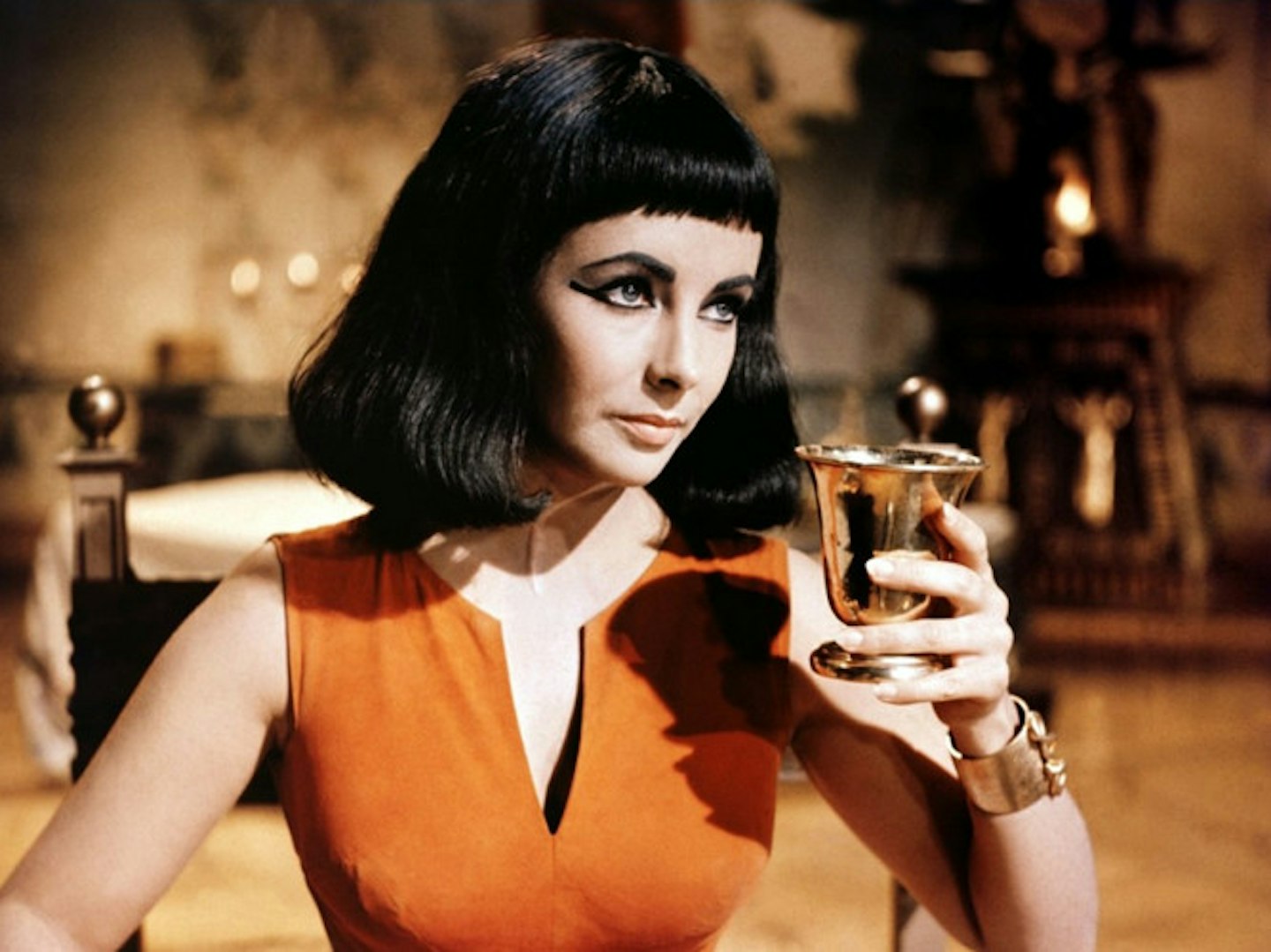Shakespeare is pretty hot topic right now. Today marks the 400th anniversary of his death, and London is going crazy for all things Bard. Last week The Debriefgave you all the know-how on Shakespeare’s first theatres in East London, and Shakespeare in Shoreditch Festival has returned for a second run, dedicated to showcasing modern re-workings of some of the classics, in the very spaces that Shakespeare himself would have performed in four centuries ago.
So how can Shakespeare possibly get any hotter? How about the fact that, despite dying 400 years ago, Shakespeare was a kick-ass feminist?
Now, before we start imagining him waving placards and pinning badges to the king’s horse (totally different century, BTW), let’s first remember that feminism as we know it couldn’t have existed in world where equality was basically impossible. The first real stirrings of first-wave feminism didn’t begin until the end of the 19th century, a good 250 years after his death. But in Elizabethan England, anyone who could imagine a woman outside of her role as wife and mother was a pretty radical thinker.
And we have loads of evidence to suggest that Shakespeare knew the impact of a powerful female. Feminist historians and literary experts consistently point to Shakespeare’s multitude of strong female roles to support the argument that he was, for his time, a champion of women. Sarah Allen, a lifelong Shakespeare enthusiast who studies at the Shakespeare Institute in Stratford-Upon-Avon, says that she’s always felt that he was ahead of his time in the characters he wrote.
‘He was never afraid of women being the centre of the story, of women as a saviour and hero,’ she tells me. ‘Shakespeare reminded women that there were ways in which they could be strong and successful. He harks back to women like Cleopatra [from Antony and Cleopatra, 1606]; he writes women like Cordelia [from King Lear, also 1606] and even Juliet was more logical than Romeo.’
In the 15th century, women were legally restricted from performing on stage, and so men would play the female parts (more on that later). But it was the characters themselves who really stood up as feminist icons, regardless of the actors behind them. ‘I think Cordelia is actually particularly notable,’ continues Sarah, speaking of the daughter of formidable King Lear. ‘She stood up to her father and, for the time, that was incredible. Shakespeare let women reimagine their power.’

Long after Shakespeare’s death and the construction, dismantling and re-building of his most famous theatre, the 1660 Restoration (of the monarchy) lead to legislation which finally allowed women on stage. And not only were they now able to play the female parts written for them – the landscape that Shakespeare had created through his writing meant that women soon began taking on some of the most famous male roles, too. At a time when actresses were thought of as not much more than prostitutes, to forge a career in the dramatic arts as a woman was no mean feat; and one that may very well not have been possible if it wasn’t for the progress made by Shakespeare in the way he approached female characters. Women playing Hamlet (‘the play for all the ages’, widely as the most important work in history) was becoming popular by the mid-to-late 1700’s, and less than a century later women were playing the roles of both Romeo and Juliet in performances across Britain. Famous female players like Sarah Siddons, who became known as the first lady of Shakespeare – ‘maintained a dignified professionalism that helped to legitimise the role of women as performers’; they built on the framework Shakespeare had already laid out for them in his plays, and helped to create a level playing field in their profession.
‘It’s always important to remember that Shakespeare wasn’t, and couldn’t ever be, the kind of feminist writer we are used to today,’ continues Sarah. But when so many Hollywood productions are still failing to pass the bechedeltest, maybe Shakespeare was doing a better job of equality in plays than a lot of modern-day scriptwriters. ‘In the world in which he lived, he gave a voice to women and saw them as complex, versatile and three dimensional. Which was huge.’
‘You know that expression, ‘if you can’t see it, you can’t be it’? Yeah, that.’
And it’s safe to say that a profession in which Shakespeare hadn’t ‘seen’ a gender balance between his characters might not be the same profession we know as ‘show biz’ today.
Like this? Then you may also be interested in:
10 Actually Nice Things That Are Happening In The UK Right Now
5 Apps You'll Need If You're Moving To London For The First Time
Follow Marianna on Twitter: @mmanson1992
This article originally appeared on The Debrief.
